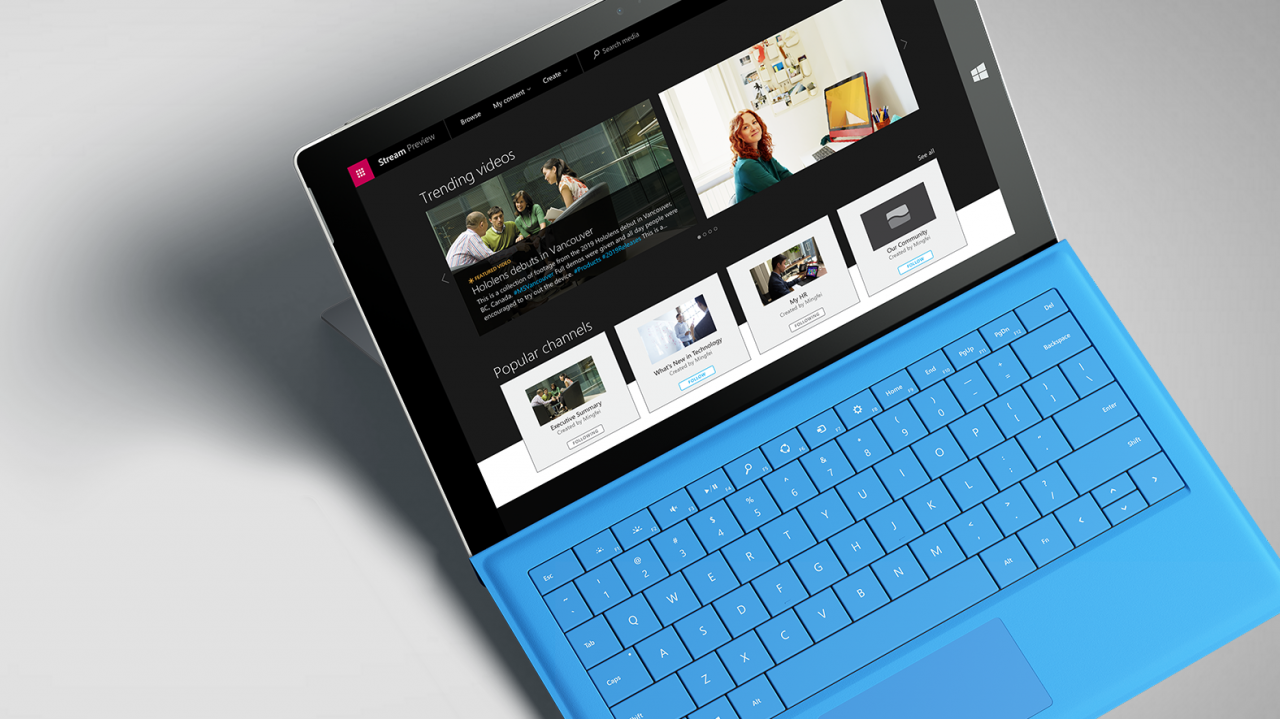Are IT Certifications Worth It?
I started my career in IT with no experience but with a passion for learning Windows Server, desktop management, and security. I was self-taught in HTML and Flash, and got a job developing websites for a multimedia company. But my real interest was in systems management and Windows, and I was able to get some hands-on experience with Windows NT Server. Off the back of that, I took a course on Windows Server 2000 that lead to me getting my first Microsoft Certified Professional (MCP) certificate. Soon after, I got a job working for an IT consultancy firm, supporting and managing Windows Server and desktops. During my time there, I became a Microsoft Certified Systems Engineer (MCSE).
Even all those years ago, there was a lot of debate around whether IT certifications were worth having. And today the debate continues. It’s hard to say whether my certifications helped me get jobs, but as a completely inexperienced newbie, they gave me confidence that I could do the job and the knowledge I gained proves invaluable even today.
While I’ve never specialized in databases, I did become an MCP in Microsoft SQL Server. And the knowledge I gained has come in useful. Like when a developer deleted a table in a production database for which there was no backup. I was able to restore the table by playing back the database logs. It was something that I’d only ever done ‘theoretically’ in a lab environment, but I was the only person who knew how to restore the table without a backup to hand.
We usually fear what we don’t understand, and I think that often applies to technology. Organizations I’ve worked for avoided Group Policy as if it were something to be scared of. Colleagues over the years, experienced though some of them may have been, didn’t always know how to use technology properly. They could get the job done but not always securely or with the least administrative effort. And that’s one of the disadvantages of having no formal education.
Learning is Practice and Study
Learning IT is much like learning a language. People often complain that they don’t get a chance to practice. But as a speaker of a second language, I can say that practice on its own only goes so far. To progress, you need to practice and study. Whether that be for a formal certification or on your own steam. But like taking a language course, certifications provide structured learning that can make sure you develop knowledge effectively and without missing important topics. And while certifications and the knowledge you gain go out-of-date very quickly, when starting to learn a new technology, the details may change but the concepts often remain the same. Once you get experience, you will need to carry on learning but not necessarily update your certifications.
Certifications aren’t the be all and end all, but they can be useful when you want to learn a new technology and be sure that you understand it deeply if you study and not just cram from brain dumps. Or it can look good when you go for a job interview with little or no experience. It shows that you can learn and have an interest in the subject. And though certifications alone might not land you your next job, they can give you the basic knowledge you need to make meaningful contributions right from the get-go and help you to progress faster in a new position.
If you are looking for an entry-level certification that teaches the fundamentals for IT support professionals, then the CompTIA A+ cert is a good place to start.




